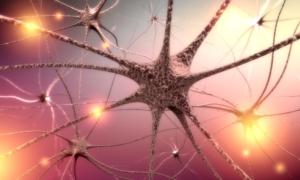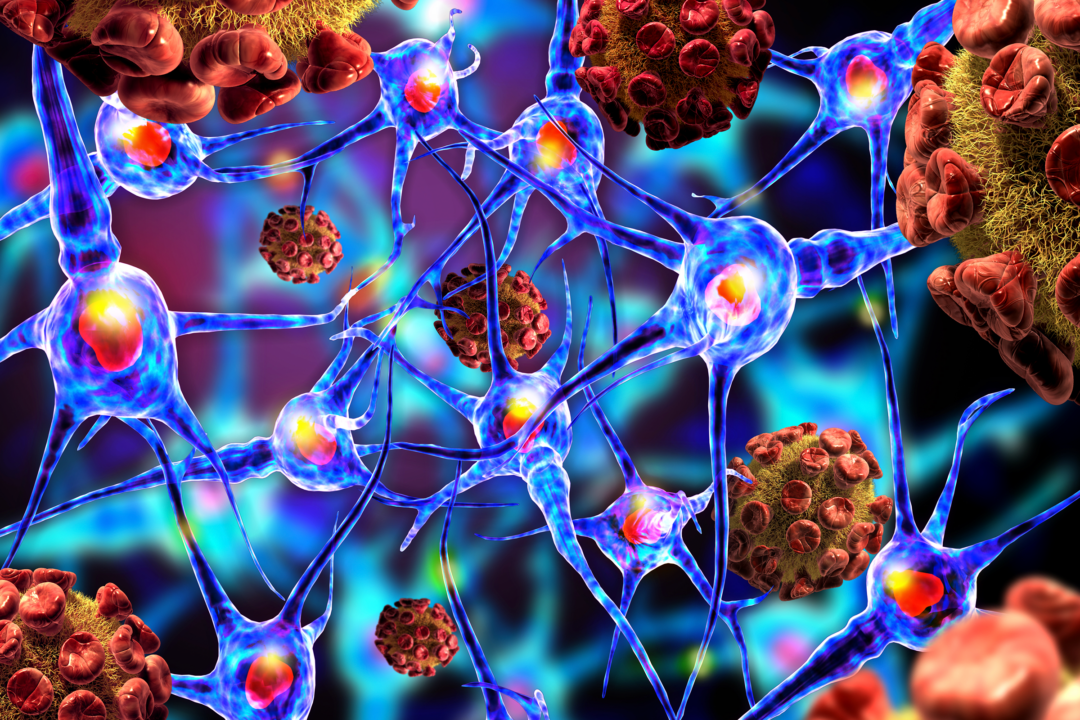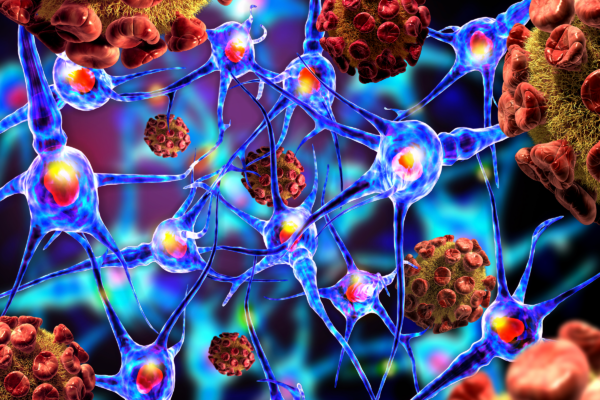Rare Neurological Disorder Linked to COVID-19 Vaccination, Research Suggests
A recently published review in Vaccines shows COVID-19 vaccines may trigger Parsonage–Turner syndrome—a condition that causes intense pain and muscle atrophy.
A new systematic review suggests COVID-19 vaccination could trigger a rare neurological disorder that primarily affects the nerves outside the central nervous system, causing pain, muscle atrophy, and, in some cases, paralysis.
To determine whether a relationship exists between COVID-19 vaccines and the development of PTS, researchers searched LitCOVID and the World Health Organization’s COVID-19 databases through Jan. 25. They found 59 cases of PTS reported in the literature following COVID-19 vaccination. Of those 59 cases, 36 patients (61 percent) received an mRNA vaccine, and 18 patients (30 percent) received a viral vector vaccine.
Of those 36 patients who received an mRNA vaccine, 24 received Pfizer and 10 received Moderna. Of the 18 patients who received a viral vector vaccine, 15 received AstraZeneca and two received the Johnson & Johnson shot. Five patients received an unknown vaccine type.
What Is Parsonage–Turner Syndrome?
PTS, or neuralgic amyotrophy, is a disorder affecting the peripheral nervous system characterized by the rapid onset of severe pain followed by significant muscular atrophy. It primarily affects the skull, shoulder, upper limbs, and the chest wall on one side of the body. According to the National Organization for Rare Disorders, PTS affects the brachial plexus, a network of nerves that controls movement and sensation in the shoulders and arms. In some instances, nerves in the legs can also be involved.
People who experience PTS usually have intense, constant pain that worsens with movement and can last anywhere from a few hours to several weeks. Some people may experience symptoms for a year or longer, and most recover within two years. As the pain subsides, it is usually replaced by progressive weakness or paralysis. The individual may also experience muscle atrophy, absent or reduced reflexes, or a loss of sensation.
The exact cause of PTS is unknown but the study suggests at least 50 percent of PTS attacks are brought on by a triggering event such as an infection, medical procedure, excessive physical activity, or vaccination. Although some individuals recover without treatment, others experience recurrent episodes.
Study Findings
According to the study, most PTS patients developed neurologic symptoms within 14 days of vaccination, regardless of the vaccine type, and primarily had symptoms on one side of the body—the side that received the injection. PTS occurred more often in males regardless of vaccine type and was more prevalent in patients between the ages of 41 and 50 years compared with older patients.
Among patients who received an mRNA vaccine, 15 developed PTS after the first dose and 16 developed the condition after the second dose. One patient first developed neurological symptoms after receiving an mRNA booster shot, and another presented with PTS after receiving a fourth vaccine dose—the first three of which were Pfizer vaccines and the fourth Moderna. In three cases, the type of vaccine wasn’t specified.
Six patients who received a viral vector vaccine developed PTS after the first dose and three developed PTS after the second dose. In nine patients with PTS, the previous vaccination details were unknown.
Only one patient in the mRNA vaccine group who developed PTS previously had COVID-19, and none of the patients in the viral vector group had COVID-19, so the PTS symptoms could not be attributed to SARS-CoV-2 infection. More than half of the patients in both vaccine groups reported no other comorbidities.
According to the study, two cases of PTS worsened after a second mRNA vaccine dose, and another case that had resolved recurred after influenza vaccination. Another patient tolerated a second dose of a viral vector vaccine, while another patient did not and symptoms reemerged.
Outcomes and symptom improvement varied among patients. Twelve percent of patients who received an mRNA vaccine experienced a full recovery, while 25 percent of patients who received a viral vector vaccine completely recovered.
The authors said the cases they reviewed raise the possibility that COVID-19 vaccines may cause PTS.
Other Studies Report PTS After Vaccination
A 2023 case report published in the Journal of the American Academy of Orthopaedic Surgeons describes a 15-year-old boy who developed PTS four weeks after receiving a COVID-19 vaccine, suggesting a correlation between PTS and vaccination. According to the authors, PTS has been linked to other vaccines for human papillomavirus and influenza, as well as diphtheria, tetanus, and pertussis vaccines in children. Although 63 percent of children recover fully, the authors said physical therapy must be implemented early to achieve a better outcome. Other PTS treatments include pain relievers, nonsteroid anti-inflammatory drugs, corticosteroids, and anticonvulsants.
“PTS should be considered in patients with post-neuralgic motor paralysis of the unilateral upper extremity, which can occur after COVID-19 vaccination,” the paper’s authors wrote.
“Brachial plexus neuritis is a rare and underdiagnosed condition which can be debilitating, with recovery lasting over two to three years. It is a recognized complication after infections or vaccinations,” the paper’s authors wrote. The condition is increasingly being reported due to global COVID-19 vaccination, and there “appears to be no definitive correlation to the type, brand, or number of doses of vaccination” associated with the condition, they added.
“PTS may occur after the COVID-19 vaccine and should be suspected in patients with symptoms and signs suggestive of acute brachial plexopathy. Studies of a larger series may provide insight into predisposing factors,” the authors concluded.
They also found that PTS is associated with other vaccinations, including varicella zoster, hepatitis B, smallpox, swine flu, diphtheria, pertussis, and tetanus vaccine, suggesting that the viral antigen in the vaccine can trigger the development of PTS post-vaccination.
This article has been archived for your research. The original version from Epoch Times can be found here.






